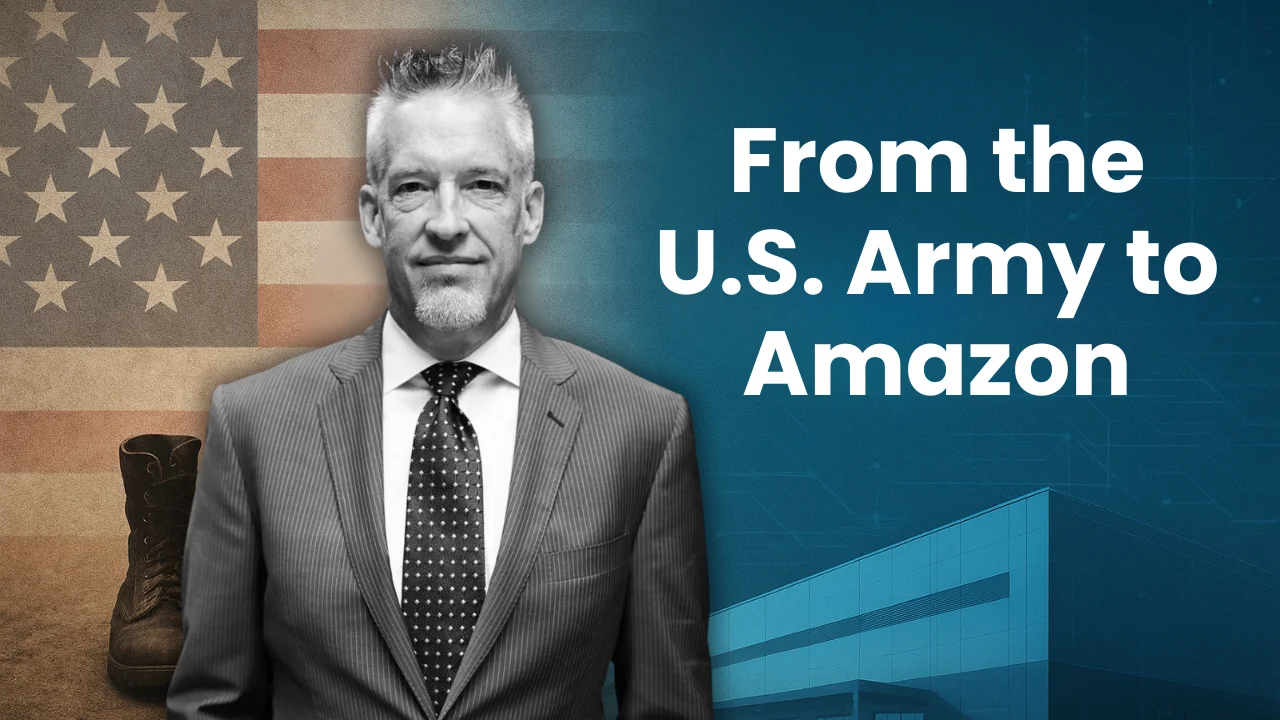Subscribe to MacroMashup News
Key Takeaways:
- Murrin argues that World War III has already begun, aligning with a historical commodity cycle set to peak around 2030. [0:48 – 4:28]
- He highlights America's increasing leverage and declining productivity as signs of late-stage empire collapse. [6:19 – 8:00]
- Discusses the rise of China as an adaptive empire using a covert strategy through industrial dominance and IP acquisition. [10:18 – 12:53]
- Warns against AI manufacturing outsourcing to China, calling it the next Trojan horse. [13:02 – 15:20]
- Describes how the West has become “war-blind,” “linear,” and overly financialized, while adversaries like China and Russia are adapting with military innovation. [0:00 & 8:43 – 10:09]
- Contrasts the roles of gold vs. Bitcoin in a world of currency debasement and market speculation. [16:09 – 20:04]
- Advocates for “adaptive investing” amid systemic change and wealth destruction. [16:26 – 18:17]
- Explains his concept of empire life cycles, lateral vs. linear thinking, and why America is now at the bottom of its own arc. [5:27 – 6:16 & 24:45 – 26:03]
- Calls for individuals to prepare for the next phase of global power transition. [21:06 – 21:57]
Transcript
The Chinese have effectively out-innovated their weapons production. The net result is that America and the West are not prepared for the challenge they now face.
It raises the question: Are we about to repeat with AI what we once did with manufacturing—outsourcing to the cheapest provider without considering the long-term consequences?
In warfare, our true human nature emerges—who we are, what we are, how we act, and why we do it.
So, who are the war-blind, the linear thinkers, and the hubristic leaders?
Neil Winward: Welcome to the MacroMashup podcast. I’m your host, Neil Winward.
This podcast is sponsored by Dakota Ridge Capital—your energy investments partner—helping developers connect with family offices, banks, and corporations to make smart clean-energy deals and maximize government tax incentives.
Today, I’m joined by a very special guest for our inaugural episode: David Murrin. David began his intellectual journey studying geophysics at Exeter University, later moving into seismology—the study of the Earth’s internal structure to understand its dynamics and causes. He also has a deep interest in sailing and naval history.
David, thank you for being here as my first guest.
David Murrin: Thank you very much.
Neil: One of the most striking things I heard from you—particularly in your conversation with Grant Williams—is your claim that we’re already in World War III. That’s alarming. Can you explain?
David: My conclusion came from two main threads in my life. The first is my long-standing study of warfare, which reveals deep truths about human nature—our collective patterns of behavior. I’ve observed that we are not just individuals; we often act in predictable ways when we subsume ourselves to the collective.
This realization led me to study markets from a behavioral perspective rather than a purely cause-and-effect, economic one. One key pattern I identified was a 54-year commodity cycle, first documented by the Russian economist Kondratiev.
My analysis suggested that the next major peak would occur around 2030, and historically, wars tend to break out roughly eight years before such peaks. Based on this, I feared as early as 20 years ago that World War III could begin in 2022. Sadly, the invasion of Ukraine confirmed this prediction.
From my perspective, Ukraine is now a fully lateralized, adaptive war machine, while even Russia—despite being a highly linear, centralized system—has shown signs of adaptation under the pressures of conflict.
Neil: You’ve described some leaders as “war-blind, linear, and hubristic.” Who fits that description, and who doesn’t?
David: Those who “get it” tend to be the aggressive challengers to the West—China, Russia, Iran, and North Korea. The West, by contrast, is trapped in a phase of imperial decline dominated by linear thinking. America, the last Western Christian maritime empire, is super-linearized. Leaders like President Biden epitomize this mindset.
Compounding the problem is decades of money printing—essentially using leverage to mask declining real growth. This creates the illusion of prosperity while locking in a lack of adaptability. When a major shock hits, the system is vulnerable to collapse.
Neil: That brings us to China. Many point out that China faces serious economic and demographic problems. Why do you still see them as the primary challenger?
David: Historically, when China has faced direct U.S. military deterrence—as in the Taiwan Strait crisis of 1996—it backed down. But instead of abandoning its ambitions, China shifted from overt military competition to a covert economic strategy: persuading the West to offshore its manufacturing there.
This not only kept Western inflation low, it allowed China to build the world’s largest industrial base—now being converted into a war machine. Today, China can outbuild U.S. warships by a ratio of 140 to 200 to one. They’ve developed advanced systems—hypersonics, undersea sonars—that the West doesn’t yet have in its arsenal. They are in what I call “last-chance saloon,” and they know it.
Neil: Some say we’re making the same mistake again with AI.
David: Exactly. Take DeepSeek, for example. It can produce 700,000 words for 1.4 cents, compared to Meta’s $2.80. On paper, it’s cheaper—but at what cost? Using it risks handing over your intellectual property directly to the Chinese Communist Party. It’s a Trojan horse.
Neil: Let’s shift to investing. How should people prepare for such instability?
David: First, abandon denial. If you’re in denial, you’ll be blindsided. The global environment is on the cusp of total change—like the crash of 1929—where wealth can be destroyed almost overnight.
In such times, I avoid bonds and am selective with equities, focusing on assets that can benefit from inflation or monetary debasement—gold, silver, certain cryptos. But cryptos are only viable for a limited time before blockchain is likely compromised by quantum computing.
Gold remains the enduring safe haven in times of upheaval.
Neil: And for those wanting to follow your work?
David: I share my insights through Marinations Gold, a weekly geopolitical update that focuses on what’s coming—rather than just reporting on what’s happening now. My website, davidmurrin.co.uk (also accessible via globalforecaster.com), contains articles, forecasts, and podcasts. I track my predictions publicly so readers can hold me accountable—and so I can learn from any mistakes.
Neil: I can personally recommend it. Your analysis covers everything from the dynamics of war to investment strategies, and it’s as broad as it is deep. Thank you for joining us.
David: My pleasure.
.svg)
.svg)
.svg)


.avif)






.svg)
.svg)
